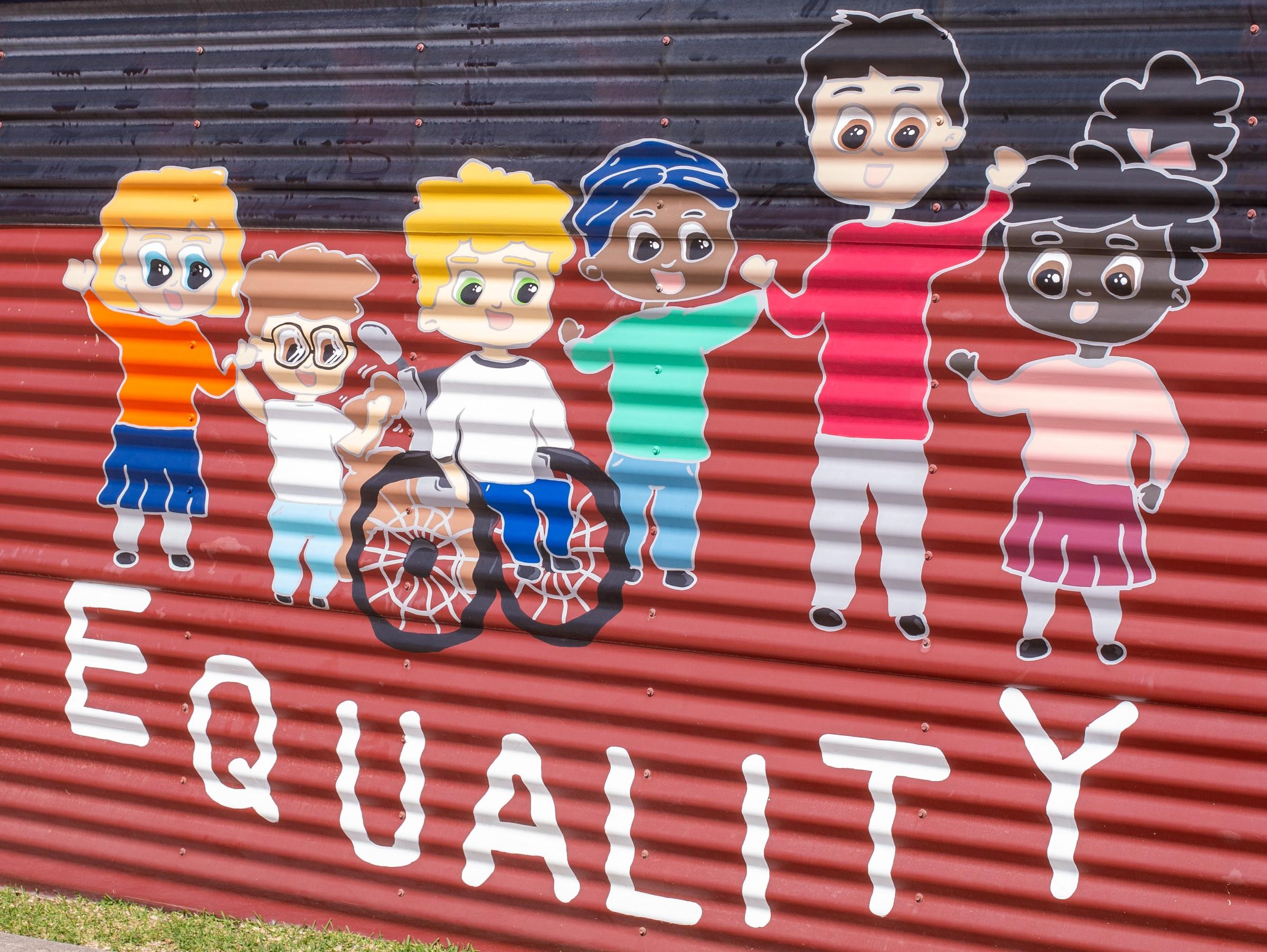Student Wellbeing

BULLYING
From time to time children have disagreements, this is part of learning how to get along with others in the world. Sometimes though these disagreements can become something more. Sometimes, people get confused about what is and isn’t bullying. People can think that someone saying something they don’t like is bullying – but it’s not. Bullying is different from conflict or unkindness. Bullying is mean, but being mean doesn't always mean bullying.
Bullying behaviours:
Are aggressive, unkind or mean behaviours
Are repeated behaviours (it must happen multiple times, in an ongoing way to be defined as bullying)
Happen on purpose
Must have a power imbalance – which means that people bullying and the people being bullied aren’t seen as being ‘equal’, e.g. older, bigger people picking on smaller, younger people, or ‘popular’ people targeting someone who they see as being ‘unpopular’, or who is struggling to make friends.
Some other serious types of behaviours, like discrimination, harassment and abuse, can overlap with bullying and are actually against the law.
Bullying is not the same as:
Being rude – saying or doing something hurtful that wasn’t planned or meant to hurt someone, e.g. someone pushing in front of you in the canteen line
Being mean – doing something hurtful to someone on purpose once or twice, e.g. a friend refusing to play with you one day
Conflict – having a disagreement with a friend, e.g. two friends getting into an argument and saying mean things to each other
Respectful feedback on behaviours you're doing that aren’t ok, e.g. “It’s not ok roll your eyes every time they talk about sport.”
A friend putting in a ‘boundary’ e.g. “I don't like it when you keep telling me what to do.”
Natural consequences in socialising, e.g. a friend not trusting you because you shared their secret
What can I do if I think my children are being bullied at school?
• Try to talk with your children about what is going on.
• Listen to their concerns and believe them.
• Be aware of your own response and react in a calm and helpful manner.
• Talk with your children’s teachers and calmly discuss the situation and some possible strategies.
• Encourage your children to ask for help at school if they are being bullied e.g. talk about who they could talk to at school, and how to ask for help.
What can I do to help my children if they are being cyber bullied?
To prevent and respond to cyber-bullying, a useful acronym to remember is I-CURRB.
• Investigate what your child is doing online.
• Communicate regularly with your children to understand what they enjoy doing online.
• Use family safety software to keep track of what your children are able to access online.
• Research your school and Internet Service Provider’s (ISP) policies on cyberbullying. Different social media apps will also have their own policies.
• Report cyberbullying to your child’s school and/or ISP. If you have serious concerns for your child’s safety, contact your local police.
• Block communications from students who cyberbully others. Most social media apps allow you to block messages from identified people.
More information can be found at https://kidshelpline.com.au/teens/issues/bullying and https://friendlyschools.com.au/families/
